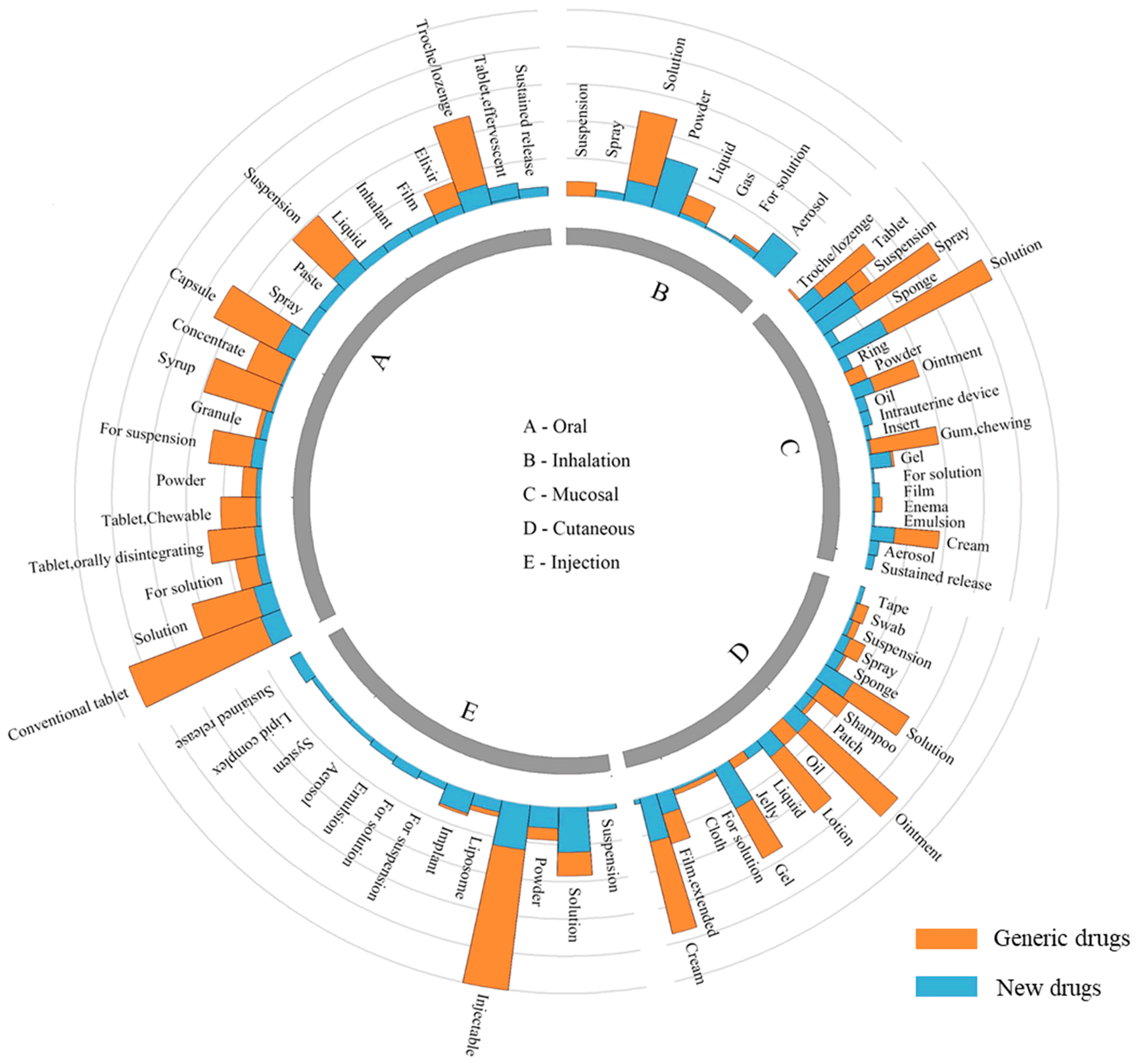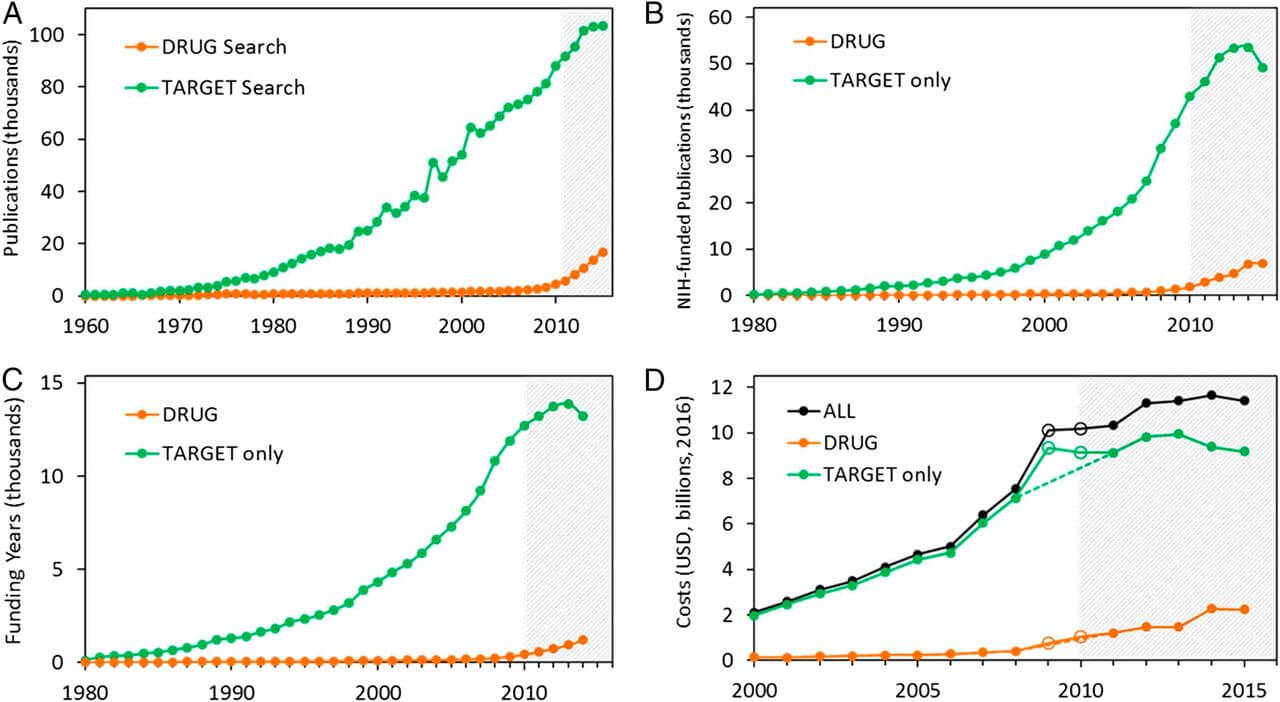
The rising cost of prescription drugs has become a significant public health concern, with millions of Americans struggling to afford their medications. One crucial factor in mitigating this issue is the increased use of generic drugs. Generic drugs have been instrumental in reducing healthcare costs, and their impact cannot be overstated. This article will delve into the role of generic drugs in controlling healthcare expenses, highlighting the benefits, challenges, and future directions in this critical area.
The Benefits of Generic Drugs
Generic drugs have been a cornerstone of cost containment in the healthcare system. According to the FDA, greater competition among generic drug makers leads to lower generic drug prices, resulting in significant savings for consumers and the healthcare system as a whole. Studies have consistently demonstrated that the entry of just a few generic competitors into the market can drive prices below those of brand-name drugs.
The impact of generic drugs on healthcare costs is multifaceted. Firstly, they reduce the financial burden on patients. A report by the Congressional Budget Office found that the average net price of prescription drugs decreased from $57 in 2009 to $50 in 2018 in Medicare Part D and from $63 to $48 in Medicaid, largely due to the increased use of generic drugs. This downward trend in prices has been sustained over the years, with generic drugs accounting for 90% of all prescriptions dispensed in the United States.
Secondly, generic drugs help reduce healthcare spending. The use of generic drugs has saved the U.S. health system an estimated $338 billion annually, with 10-year estimated savings of nearly $2.4 trillion. This reduction in spending is critical, as it enables healthcare systems to allocate resources more efficiently and effectively.
Challenges in the Generic Drug Market
Despite the numerous benefits of generic drugs, several challenges hinder their full potential. One significant issue is the slowdown in the development and review of generic drugs. The FDA has taken steps to address this, including the renewal of the Generic Drug User Fee program, which aims to improve the agency’s application approval time and rates. However, more needs to be done to ensure a well-functioning regulatory process that encourages the development of new generic products.
Another challenge is the role of intermediaries in the generic drug supply chain. Pharmacy Benefit Managers (PBMs) and other intermediaries often engage in opaque pricing practices, leading to higher costs for patients and the healthcare system. Policy solutions must address these inefficiencies and ensure that the savings from generic drugs are passed on to consumers.
Patient Attitudes and Adherence
The impact of generic drugs on patient outcomes is another critical aspect to consider. While generic drugs are generally considered safe and effective, some studies suggest that switching from branded to generic medications can negatively impact medication adherence and clinical outcomes, particularly for patients with chronic conditions. This highlights the need for healthcare providers to carefully consider the implications of generic substitution and ensure that patients are adequately informed and supported.
Future Directions
To fully harness the potential of generic drugs in reducing healthcare costs, several steps must be taken. Firstly, policymakers must continue to strengthen competition in the prescription drug industry, ensuring that the regulatory environment supports the development and approval of new generic products. Secondly, efforts must be made to address the inefficiencies in the generic drug supply chain, ensuring that the savings from generic drugs are passed on to consumers.
Finally, healthcare providers must prioritize patient education and support, ensuring that patients are adequately informed about the benefits and potential implications of generic substitution. By addressing these challenges and opportunities, we can unlock the full potential of generic drugs in controlling healthcare costs and improving patient outcomes.
Conclusion
In conclusion, generic drugs have been instrumental in reducing healthcare costs, and their impact cannot be overstated. However, challenges remain, and policymakers, healthcare providers, and industry stakeholders must work together to address these issues and ensure that the benefits of generic drugs are fully realized. By doing so, we can create a more sustainable and equitable healthcare system that prioritizes patient access and affordability.
References
- FDA. (2023). Generic Competition and Drug Prices. Retrieved from https://www.fda.gov/about-fda/center-drug-evaluation-and-research-cder/generic-competition-and-drug-prices
- Commonwealth Fund. (2022). Generic Drugs Help Hold Down Costs, But Slowdowns in Development and Review Present Challenges. Retrieved from https://www.commonwealthfund.org/blog/2022/generic-drugs-help-hold-down-costs-slowdowns-development-and-review-present-challenges
- USC Schaeffer Center. (2022). U.S. Consumers Overpay for Generic Drugs. Retrieved from https://healthpolicy.usc.edu/research/u-s-consumers-overpay-for-generic-drugs/
- NCBI. (2014). Potential Clinical and Economic Impact of Switching Branded to Generic Medications. Retrieved from https://www.ncbi.nlm.nih.gov/pmc/articles/PMC5417581/
- NCBI. (2019). Generic Drugs: A Treatment for High-Cost Health Care. Retrieved from https://www.ncbi.nlm.nih.gov/pmc/articles/PMC7023936/























